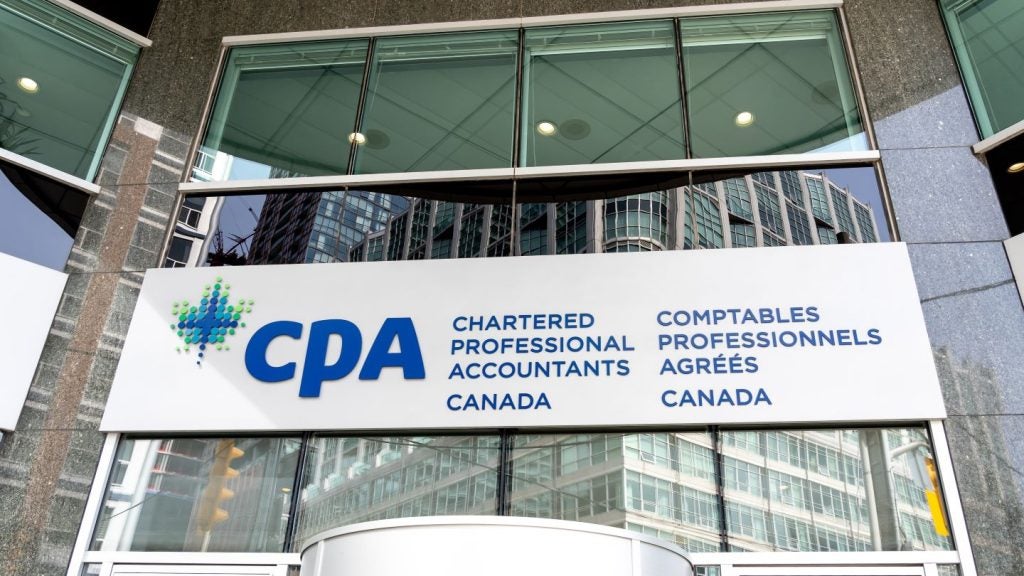European standard setters broadly agree that
IFRS has improved financial reporting across the European Union
(EU), but note that quality should come first and convergence
second overall.
Speaking at PwC’s annual international
reporting Meet the Experts conference, German Accounting Standards
Board president Liesel Knorr said convergence with US GAAP should
be the “second priority of the International Accounting Standards
Board (IASB)” and insisted “quality should be the first”.

Access deeper industry intelligence
Experience unmatched clarity with a single platform that combines unique data, AI, and human expertise.
French accounting standards board (Autorite
des Normes Compatbles – ANC) chairman Jérôme Haas said while it is
a good thing the EU chose to adopt IFRS giving it a “competitive
advantage” more time should have been taken to consider adoption
before doing so and he applauded the US for it’s careful
consideration.
Later in the day former US Securities and
Exchange Commission corporation finance chief accountant Wayne
Carnall said US convergence with IFRS is now “unlikely” before the
end of the year – the SEC has been expected to decide on whether or
not to adopt IFRS by the end of 2011.
“It will be virtually impossible for the SEC
to come up with a proposal on convergence before the end of the
year,” he warned.
Carnall added that while this may be a
frustration to other countries in a wait and see situation he
thinks “the world will not end” if the US does not adopt by the end
of the year as the “standards are too important to abandon if the
US does not make a decision in the next few weeks”.

US Tariffs are shifting - will you react or anticipate?
Don’t let policy changes catch you off guard. Stay proactive with real-time data and expert analysis.
By GlobalDataIASB agenda
Commenting on the IASB’s growing agenda, which
many feel is cumbersome, of Completing a set of IFRS, responding to
G20 demands and US convergence, UK Accounting Standards Board
technical director David Loweth said the standard setter should not
be looking to make “endless little changes, of which IAS 37 should
serve as a deterrent” but should be thinking about the
“bigger longer term picture”.
Haas went further and said that the world is
in a “huge crisis” and the IASB needs to prioritise its agenda
according to that fact.
“I think the IASB should think in terms of
being in the midst of a crisis so that gives you the right idea.
The G20 have been asking for change for the past three years.
Already in 2008 and again in 2009, but nothing has been delivered
so I wouldn’t start from a huge list of wishes and strike through I
would just focus on what the world needs in order to use those
accounting standards to move away from some of the contributions to
the crisis,” he urged.
Former European Financial Reporting Advisory
Group chairman Stig Enevoldsen said the EU’s “endorsement process
of standards is too long” – it currently take years to complete and
endorse standards in the EU.
Haas agreed and called for a “better framework
for the entire standard process; creating new standards all the way
to the stage of implementation”. He also questioned whether the EU
currently has enough contribution to the IFRS standard-setting
process.
IFRS for SMEs
European standard setters also seem
unconvinced by the standard that was created to alleviate full IFRS
for Small-to-Medium sized Entities (SMEs); IFRS for SMEs.
In the UK, Loweth said the country thinks the
standard has potential and has been trying to bring it in but there
has been some push back along the way due to certain issues such as
“revaluation of PPE, which the housing sector said ‘we can’t get
rid of that’ so we are reflecting on that again at the moment”.
“Some of the problem’s with IFRS that have
been eluded to in terms of their length and complexity and we have
been thinking how we can bring in an easier IFRS framework to the
UK as some of the EU member states have been taking a different
route. But of course now we have the EU Commission coming out with
it’s proposals on the audit directive and you have to remember that
across the EU we have about 8,000 listed companies, but more than
7.3m other companies of whom 7m are classified as small. IFRS for
them? I don’t think so,” He explained.
The IASB developed IFRS for SME’s in response
to calls from countries with under-developed national accounting
standards and as such feels it is not the most important part of
its work.






